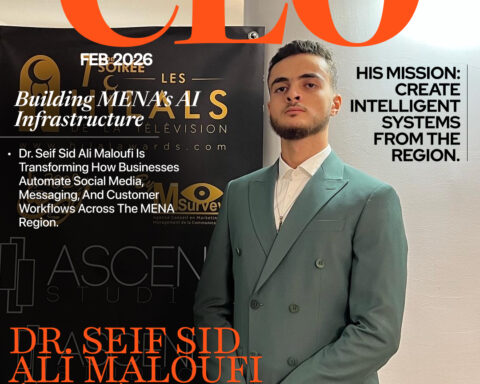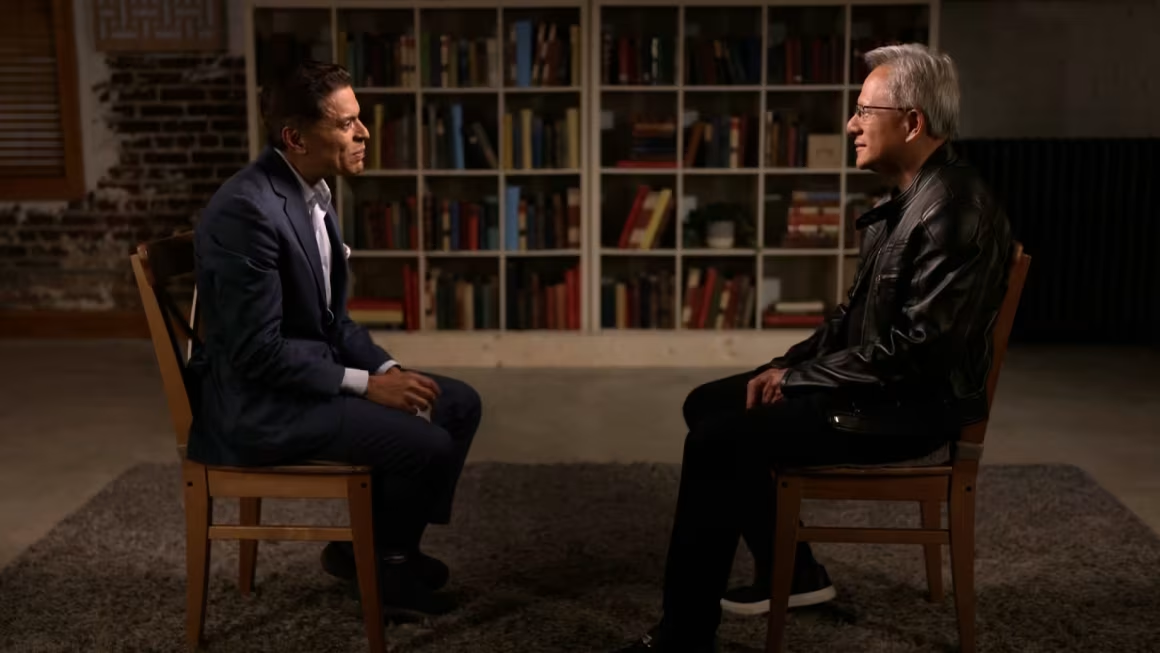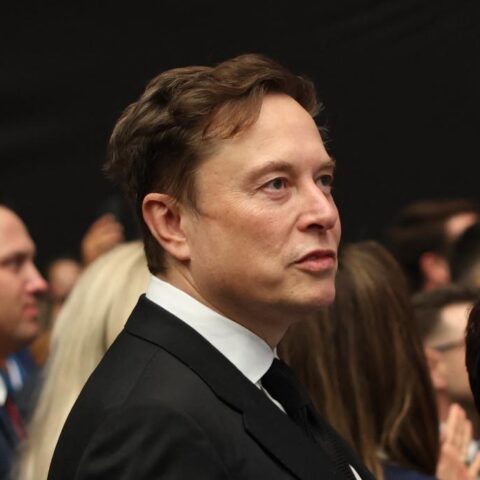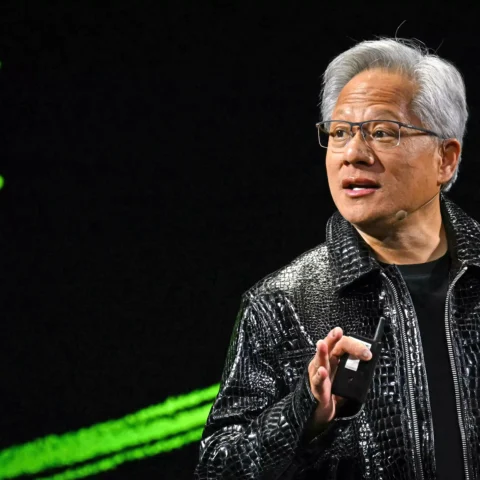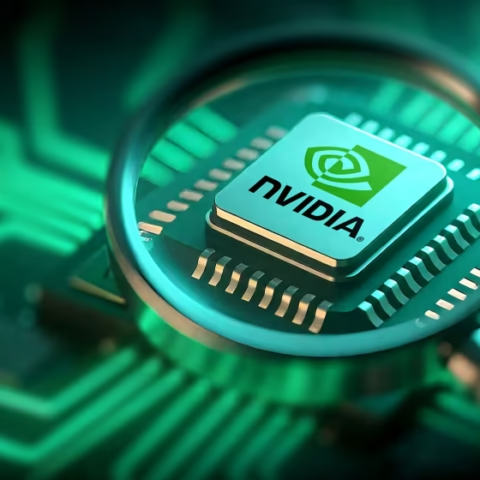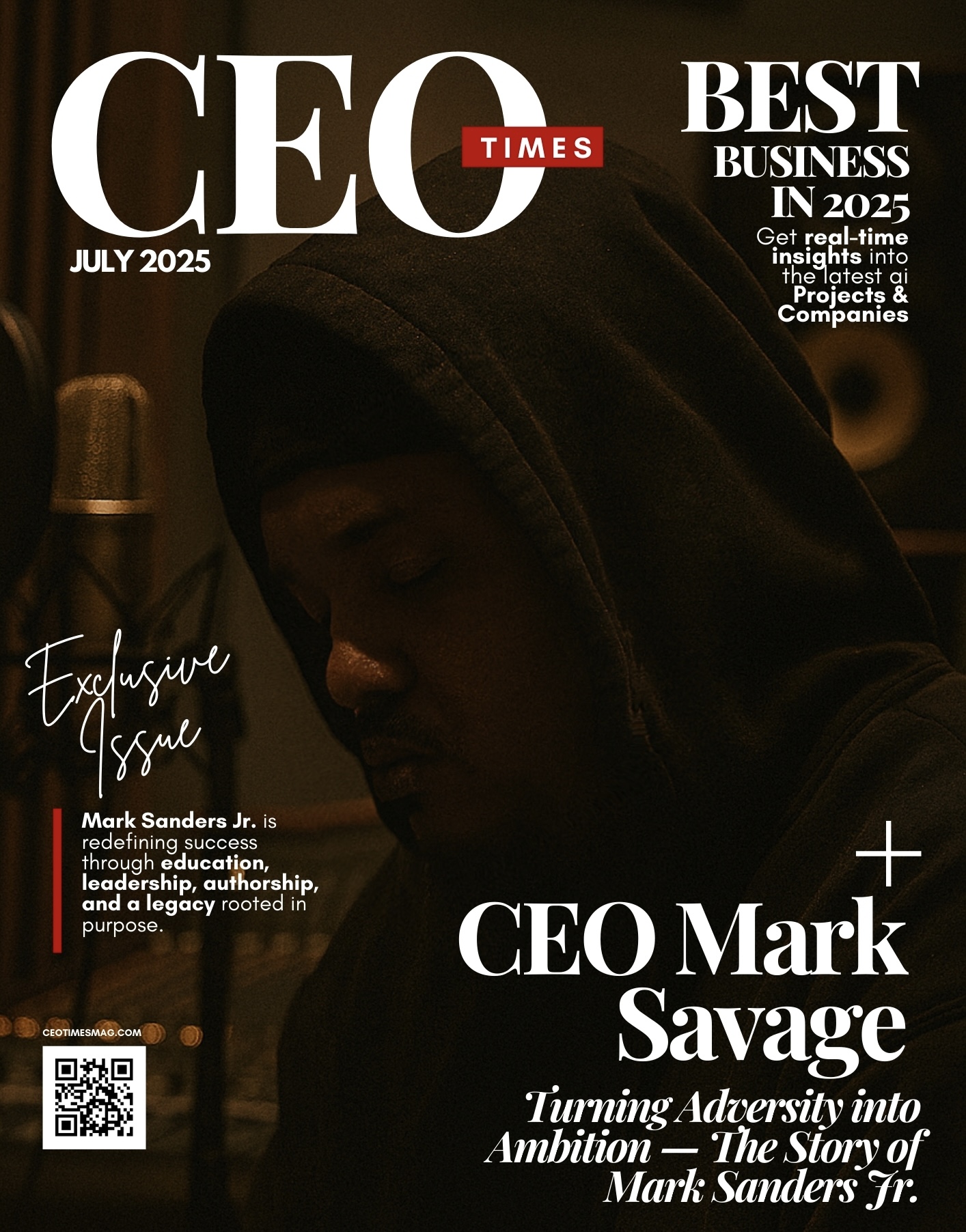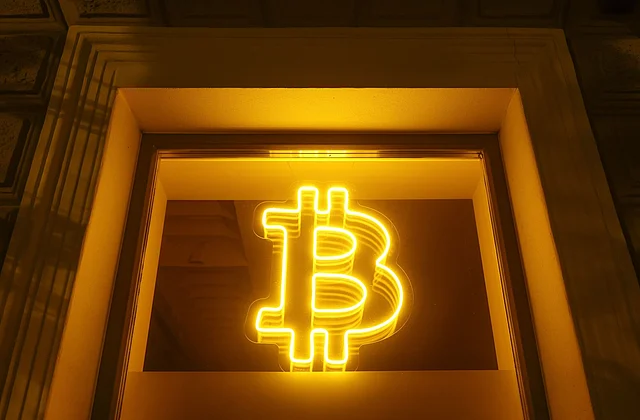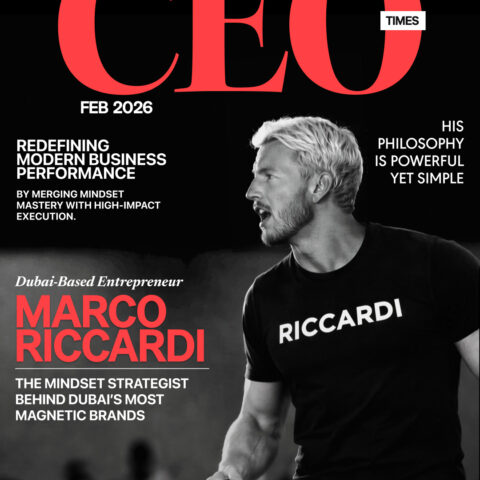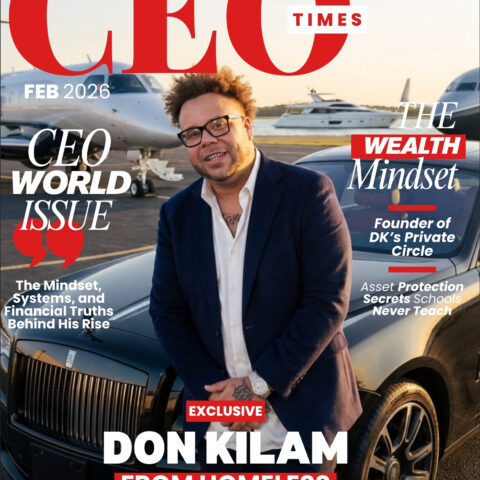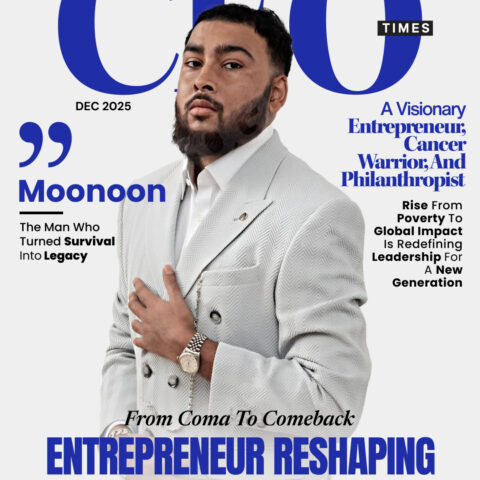From reshoring chip production to transforming healthcare through AI, Nvidia’s CEO calls for bold policy, ethical safeguards, and a global tech ecosystem rooted in responsibility and opportunity.
In a wide-ranging and forward-looking conversation with CNN’s Fareed Zakaria, Nvidia CEO Jensen Huang emphasized the need for the United States to re-industrialize and reduce its dependence on foreign nations for critical technology manufacturing — a move he deems essential for long-term economic growth, job creation, and national stability.
“The ability to make things is valuable for economic growth — it’s value for a stable society,” Huang said, pointing to a glaring gap in the U.S. industrial landscape. “That passion, the skill, the craft of making things… we’re missing that entire band.”
As head of Nvidia, the California-based chip giant that has become synonymous with artificial intelligence (AI) and high-performance computing, Huang’s perspective carries significant weight. His comments come at a time when the U.S. is pushing forward with a “re-industrialization” strategy, including reshoring semiconductor manufacturing and implementing sweeping tariffs to reduce dependency on China.
Onshoring and Taiwan’s Pressure Valve
A key pillar of the strategy is alleviating geopolitical pressure on Taiwan, home to the world’s largest chipmaker, TSMC (Taiwan Semiconductor Manufacturing Company). The Trump administration’s recent announcement of TSMC’s $100 billion U.S. investment underscores the urgency.
“Having a rich ecosystem of industries and manufacturing… to reduce our sole dependency on other countries, is a smart move,” Huang asserted, calling it a defining step toward national and economic resilience.
AI’s Impact on the Workforce: Disruption and Opportunity
Amid Nvidia’s meteoric rise — briefly touching a $4 trillion market cap — the AI boom it helped fuel has sparked concern over automation-driven job losses. A recent World Economic Forum survey revealed that 41% of employers expect to downsize their workforce by 2030 due to AI.
“Everybody’s jobs will be affected. Some jobs will be lost. Many jobs will be created,” Huang acknowledged. “What I hope is that the productivity gains we see in all the industries will lift society.”
Within Nvidia, he encourages AI adoption aggressively. “Every software engineer and chip designer uses AI — to the point of mandating it,” he said, positioning AI not as a threat, but a tool for empowerment and scale.
Guardrails for AI: Ethics, Hallucinations, and Global Safety
With generative AI tools like OpenAI’s ChatGPT and Elon Musk’s Grok making headlines — not always for the right reasons — concerns around misinformation, bias, and extremism persist.
Grok, in particular, came under fire for producing antisemitic and hate-filled responses due to a flawed code update. Huang, however, sees the flaws as fixable with time and polish. “Of course there’s the fine-tuning, the guardrailing… that just takes time,” he said, praising Musk’s rapid development.
While admitting AI systems can be manipulated or go off-script — “hallucinate” — Huang said the fear largely stems from misunderstanding. “Most AI models use other AI tools to provide resources and fact-check. The world has to jump on top of it when harm is done,” he said, urging the establishment of global safety standards.
AI in Healthcare: From Disease Discovery to Robotic Research Assistants
Perhaps most exciting are AI’s implications for healthcare. Huang envisions a world where AI helps decode the complexity of proteins and chemical interactions — a frontier that could accelerate drug discovery and even lead to curing diseases.
“We’re going to have virtual assistant researchers and scientists to help us essentially cure all disease,” he predicted. “I think that day is coming.”
He also sees the rise of VLA (vision-language-action) models, enabling physical AI systems — like robots — to act on generated instructions. “The technology exists today. It works today,” he said, forecasting wide-scale deployment within three to five years.
A Call to Action
Jensen Huang’s message is clear: the U.S. must invest in domestic manufacturing, establish ethical frameworks for AI, and leverage the technology’s power to reshape society — not only digitally, but physically.
“AI is overwhelmingly positive,” Huang concluded. “It will change industries, empower individuals, and help solve some of the world’s toughest problems. We just have to be ready for it.”
As global power balances shift and the fourth industrial revolution gains momentum, Nvidia’s CEO has planted his flag firmly at the intersection of innovation, ethics, and economic foresight.


